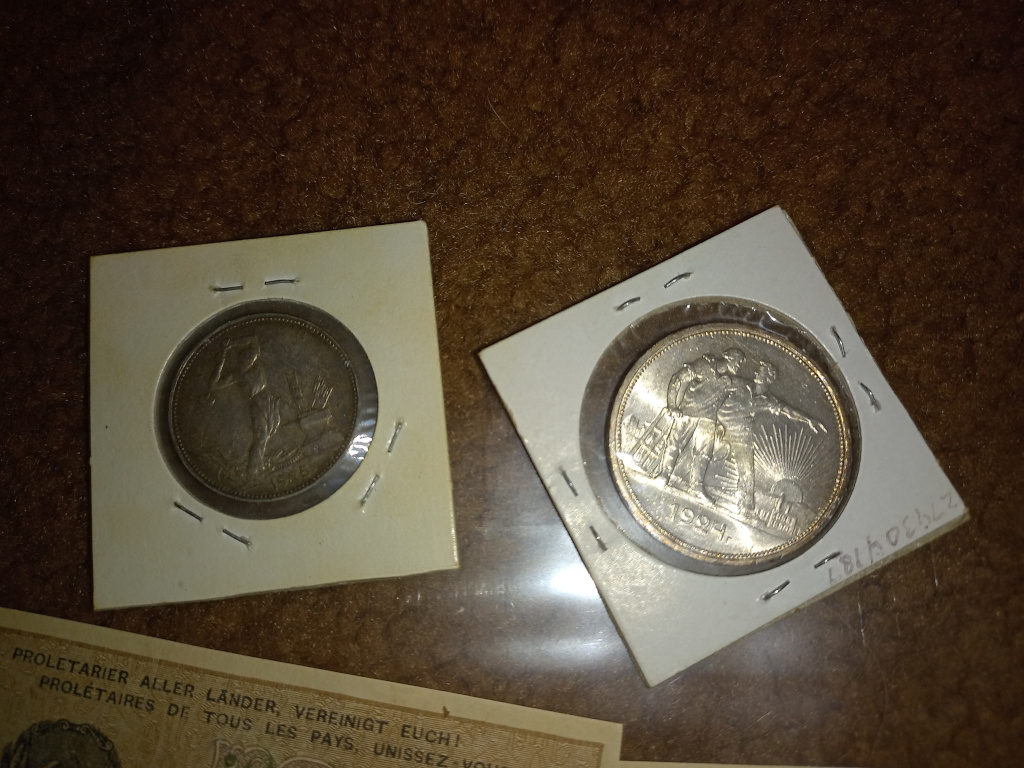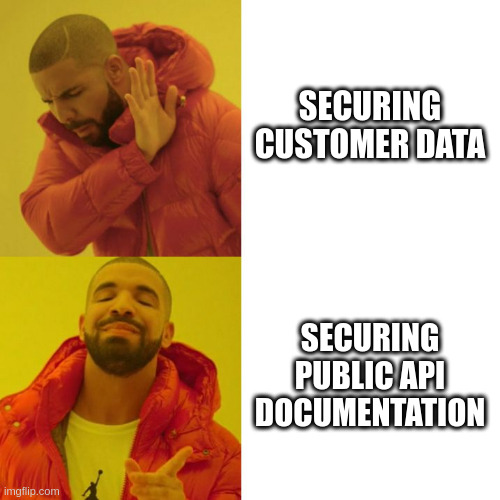So many of the .001% seem to have no visible interests other than running up the score. I mean, most of us, you get to $50 billion, hell, $50 million, and you'd probably quit and spend your days doing something you found personally rewarding, rather than continuing to chase further growth. It's not like they're still working until they can afford that Jet Ski, and then bailing for Ford Lauterdale.
I almost wonder if it's meaningful to try to evaluate them as humans-- to consider whether they're consciously evil-- since it seems like they act like the Paperclip Optimizer from bad sci-fi parables. I've seen more emotional depth from a Hewlett-Packard LaserJet.
You'd think that their spending habits would reveal some element of what little soul they might have-- personal quirks, tastes, foibles. This goes beyond the usual "they could afford to end hunger and disease with couch change" complaint. They aren't doing anything interesting in ANY space! If they had any sort of interests or feelings, they have more than enough resources to make a dramatic statement with their money, and yet, they don't.
Why aren't they indulging their fancies in comical, over-the-top fashion? Instead of a box of Lionel electric trains, they could fund the T-1 Trust. If they wanted to collect coins, they could get a 1804 dollar and wear it to public events as a brooch. If they spent too much time playing Sid Meier's Civilization, surely they could buy into the executive house of some third-world country with the GDP of a typical Quizno's. Probably much better value for money than buying a flaky Mastodon-a-like to use as a Rube Goldberg machine to flip elections. At best, they strap a rocket under their ass and pay a couple plebs' life earnings for 30 seconds release from those pesky Van Allen belts, but even that seems to be just "the generic thing billionaires do" rather than being the obvious conclusion of a rich lifetime interest in astronomy or flight.
Even in their personal estates, does anyone remember anything special about them? Or is it just infinity pools, granite countertops, and rapidly-obsolescing smart technology, the same as men a hundred times poorer, but on a slightly bigger scale? Who will be so bold as to build something that will at least be a cherished monument or celebrated folly in 500 years? What is our era's Versailles or Neuschwanstein?
Hell, one of the few things we can measure from their behaviour is that they're petty and selfish, so why don't we see them systematically buying any company that ever hires their ex just so they can systematically sack them again and again? Or paying hundreds of actors so they can relive their senior year of high school, except this time, they're Prom King. Again, an excellent way to toss around your excessive status and wealth while chasing down the demons that you won't be able to smother in stock options.
At most, there might be some slant towards discernible tastes in where they splash their charitable cash, but even that plays second fiddle to collecting an efficient tax-management strategy. Maybe they toss a few bucks towards research for a disease that their sister happened to have, or to make school kids study the things you think are important, but it's still just one on the list of cheques they write because their accountants tell them to.
We should demand better. It's common to make fun of the gauche behaviour of the sudden nouveau riche-- the 19-year-old with the sportsball contract or $10 million lottery win who buys a safety orange Lamborghini and a gold necklace that Flavor Flav dismissed as too tacky, but at least they look like they are having fun with the money, like they had some idea of "let's do something cool with it" rather than letting it moulder on a spreadsheet somewhere.
At least they could do a more entertaining job of gilding their public presence-- sponsoring statues of themselves in major cities to pretend they were an important general, walking around every day like they were refugees from a catwalk or the Met Gala, running infomercials disguised as glowing life-story documentaries on cheap late-night broadcast time. Hell, use their immense commercial wrath to demand that everyone around them use some invented cockamamie title they can strut around with. Surely they can assign themselves a higher rank than a chicken fryer!







I sort of wonder if the next generation will still romanticize Japan in quite the same way. We're past the peak trendy-products era of Weird Sony and the Toyota MR2, anime is no longer a secret exotic thing, and it feels like if you want "15 years ahead of us optimistic techno future", you could easily slide in Chongqing or Seoul instead of Tokyo.